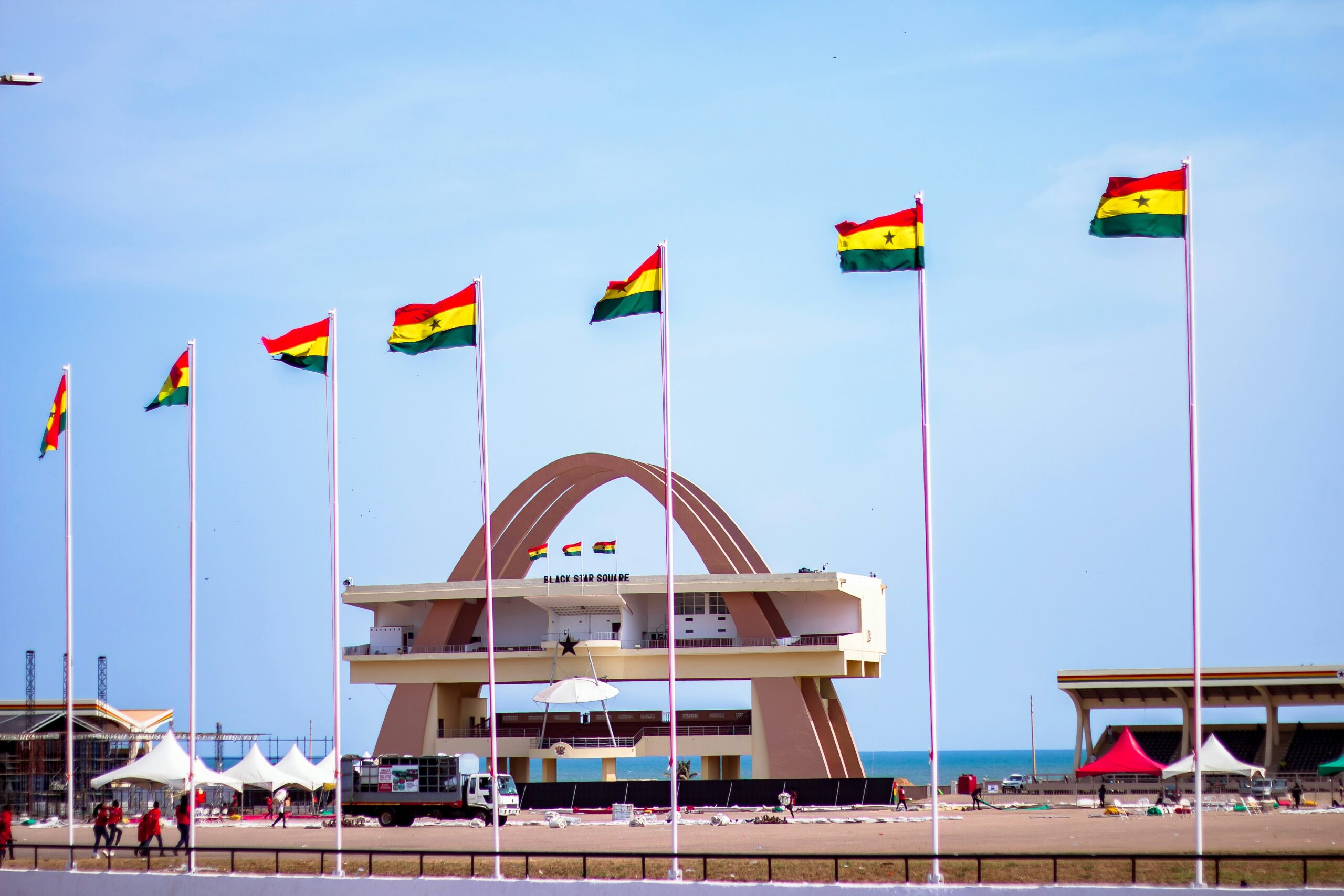Ghana’s Parliament has approved a record GH¢10 billion for the National Health Insurance Authority in 2025, significantly expanding funding for claims, operations, and chronic disease care, including dialysis under the NHIS. This major investment aims to improve healthcare access, infrastructure, and affordability, moving the country closer to universal health coverage.
In 2025, Ghana’s Parliament approved a historic GH¢10 billion allocation for the National Health Insurance Authority (NHIA), marking a transformative moment for the nation’s public healthcare system. This substantial increase from the previous year’s GH¢6 billion budget demonstrates the government’s strong commitment to expanding access to quality medical care for all Ghanaians, regardless of financial means.
The allocation is strategically structured to maximize its impact. The largest portion, GH¢6.5 billion, is dedicated to claims payment, ensuring that the majority of funds directly benefit patients seeking care. Operational expenses for the NHIA are set at GH¢1.2 billion, supporting the authority’s capacity to manage the expanded scheme efficiently. District office support receives GH¢124 million, which will strengthen healthcare delivery at the local level. Additionally, GH¢984 million is allocated to the Ministry of Health to further bolster national health initiatives and infrastructure.
A major focus of the 2025 funding is to address new priorities in healthcare delivery. The increased budget will help fill revenue gaps left by the withdrawal of some international donors, ensuring that essential services remain uninterrupted. One of the most notable developments is the inclusion of dialysis treatment under the National Health Insurance Scheme (NHIS), a significant advancement for patients with kidney disease who previously faced high out-of-pocket costs. This change is expected to provide critical relief to many families and improve health outcomes for those suffering from chronic kidney conditions.
The government is also placing a strong emphasis on tackling chronic non-communicable diseases (NCDs) through the Mahama Care initiative, which is supported by the Ghana Trust Fund. NCDs such as kidney infections and stroke are responsible for approximately 45% of deaths in Ghana, making this a vital area for investment. By prioritizing funding for the prevention, diagnosis, and treatment of these diseases, the initiative aims to reduce mortality rates and improve the overall health of the population.
The National Health Insurance Fund (NHIF), which finances these efforts, is supported by the National Health Insurance Levy, contributions from SSNIT members, and returns on NHIF investments. This diversified funding base helps ensure the sustainability of the scheme.
Overall, the GH¢10 billion allocation is poised to expand health insurance coverage, enhance healthcare infrastructure, and improve the quality of services across the country. By reducing out-of-pocket expenses and focusing on both immediate and long-term health challenges, this bold investment moves Ghana significantly closer to achieving universal healthcare and better health outcomes for all its citizens.


